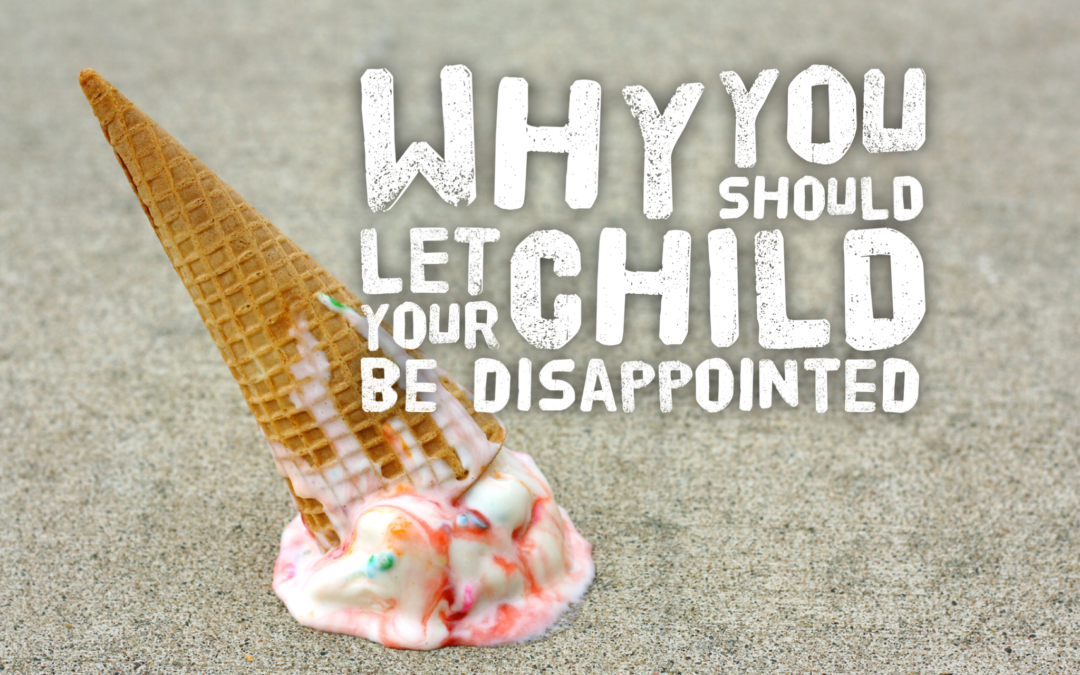Boo loves to ride tricycles. She does so practically every day when she’s at school, and she also loves to ride when visiting her cousin’s house. I had been thinking about getting her one, but wanted to wait a bit and give it to her as a Christmas gift. In the meantime, I was thinking we could dig out the stroller/trike combo we have that’s just been collecting dust outside. And because I wanted to do something to brighten my daughter’s day, I suggested that today be the day to pull it out, wash it off, and try it.
So we discussed the plan at breakfast, as we do everyday, and I could see Boo’s eyes light up. We wouldn’t have time to do this until later in the day, which meant there was plenty of time for the anticipation to build.
When it was finally time to pull out the stroller/trike, Boo happily helped me gather a bucket and rags and wash it until it was sparkling. She was so eager to try it out, she sat down before I even had a chance to dry it off. She couldn’t have cared less. So all was going well until I asked her to try out the pedals…
<Sharp inhale.> They didn’t work.
Damnit!!!! This was not part of the plan. And I could see the apprehension in Boo’s eyes. She REALLY wanted to ride this thing.

So I went to work trying to figure out if I could solve the problem. And I looked, and I looked. But I couldn’t figure it out (granted, I didn’t have the odds in my favor with my limited mechanical skills, but you know, I hoped desperation was going to grant me a new skill. It didn’t.)
All that was left to do was face reality– we were not going to be taking this trike out for a ride today. As I said the dreaded words, Boo first tried to explain to me how much she wanted to ride this trike, as if she just needed to convince me how badly she wanted this. When I acknowledged I understood her desire, but we still couldn’t use the trike, her efforts turned to pleas. And when that didn’t work for her, inevitably came the tears.
That was all her. But I had my own stuff going on in response to this situation. As I mentioned earlier, this whole idea originated with the goal of making her happy. And so it was a hard pill to swallow to have this turn into something that instead made her cry. And so I found myself trying to convince her not to feel her feelings… “It’s ok! We will ask your dad to fix it!” (i.e. There’s no problem here. Just put your feelings on hold for 8 hours) and “I did everything I could to try and fix it” (i.e. so you should not be upset with me and all emotions about it should now disappear).
Luckily, a few minutes into this exchange I realized what I was doing. I was trying to prevent her from being disappointed. Why? Because everything in my being wants to protect my children from hurt. And the pain I feel watching my children hurt is exponentially higher than my own pain.
But it really WAS disappointing. And nothing I said or did was going to change that. So then it became clear that my job as Boo’s parent wasn’t to prevent her feelings. My job was to support her through those feelings.

And you know, having Boo experience disappointment now, is actually a good thing in a lot of ways. Because right now I can help her learn how to cope with that feeling. I can acknowledge how difficult it is to feel disappointment. I can give her hugs. I can encourage her to express her emotions through tears and talking. And I can just sit with her as she feels this painful feeling, so she doesn’t have to feel it alone.
If I were to have magical powers and be able to protect her from all disappointment during her childhood, then what would she do as an adult? How would she know how to handle this intense hurt without letting it harm her or the people around her?
In my work as a psychologist, I’ve seen many of my client’s seek out therapy because they didn’t know how to cope with their emotions. No one in their life ever taught them how or supported them through their feelings. When that happens, usually people respond in one of two ways. One way is by letting the emotions take over– through aggressive behavior (I’m angry I didn’t get my way and so I’m going to take it out on you), or impulsive decisions (I don’t want to feel like this, so I’m going to go do something that I want to do without thinking about the consequences), or withdrawal (I’m not getting this right, so why bother trying).
And the other unhelpful way people may handle their emotions is by shutting them down. Oftentimes people do this by turning to substances as a way of numbing their emotional pain (I don’t want to feel this anymore, so I’m going to drink until I don’t). But they may also do this by completely disconnecting themselves from any awareness of their emotions, either positive or negative (All feelings are bad, so therefore I’m going to mentally disconnect from my body).

You can imagine that there are a lot of repercussions, through all phases of life, to not knowing how to cope with your emotions. So sometimes, the best thing we can do as parents, is allow our children to engage with the world, and feel the feelings that come up as a result.
That means not rushing off to purchase another ice cream cone if the first one falls. And not going out to buy a toy just because they want it. And encouraging them to continue trying even when something gets hard.
Of course everything in parenthood is about balance. We certainly don’t want to eliminate the joy of childhood either. So there are times when we may choose to intervene, and make everything better, and enjoy the smile that creeps across their face as we do. Just be selective about those moments. And allow the rest to happen naturally.
____
Dana Basu, PsyD is a licensed clinical psychologist at EverGROW therapy and founder of Everything But Crazy, an online resource for parents. She provides individual therapy, support groups, and online resources for parents in Orange County and throughout the state of California via online therapy. She specializes in working with the highly sensitive person and people with difficult childhood experiences, trauma, parenting stress, and chronic guilt.

